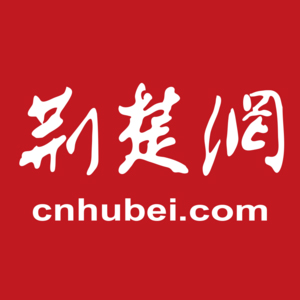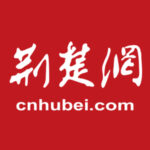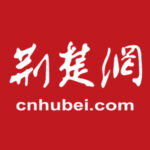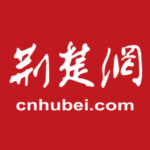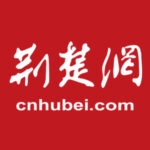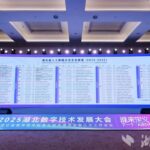They say “see mountains not as mountains, see water not as water” – in Hubei, this saying is being given new meaning. Water ecological products are transforming into quantifiable, tradable “real money.”
In June, Hubei’s first water ecological product transaction was completed. In Yueshan Village, Wufeng Tujia Autonomous County, Yichang City, the village collective transferred water ecological tourism and wellness resources valued at 1.2 million yuan through a ten-year agreement to Wufeng Slate House Tourism Development Company. The company pays 520,000 yuan annually in basic fees (including ecological maintenance costs) and shares 1% of net profits.
Thus, the water ecological products in Yueshan Village area are no longer abstract natural scenery but have been practically converted into capital driving local development.
The capitalization of Yueshan Village’s water resources represents a microcosm. Currently, the reform of state-owned “three resources” management is accelerating across the region.

01
Old Development Models Becoming Unsustainable
Must Revitalize the “Foundation”
State-owned “three resources” refer to state-owned resources, state-owned assets, and state-owned funds.
Resources mainly include six categories: state-owned minerals, forestry, water resources, energy, land, and data – all with operational attributes, serving as the key link between government and market.
Assets mainly include five categories: physical assets, equity, creditor’s rights,特许经营权, and future收益权.
Funds mainly refer to two types of state-owned funds: “idle and inefficient” funds sitting in accounts.
Why is Hubei advancing state-owned “three resources” reform?
Currently, governments generally face dual pressures of slowing fiscal revenue growth and持续增长的刚性支出. Traditional land finance and tax growth models are becoming unsustainable. Therefore, deepening state-owned “three resources” management reform and accelerating the construction of a comprehensive fiscal system represent inherent requirements for improving state-owned economic operational efficiency and serve as crucial support for addressing current needs of stabilizing growth, preventing risks, and ensuring livelihoods.
02
Deeply Excavating Six Resource Categories
Awakening Dormant Resources
How to advance?
Following the principle of “all state-owned resources尽可能实现资产化, all state-owned assets尽可能推进证券化, all state-owned funds尽可能运用杠杆化,” Hubei focuses on deepening state-owned “three resources” management reform.
The fourth meeting of the 12th Provincial Committee深改委 reviewed and approved the provincial “Overall Work Plan for Deepening State-Owned ‘Three Resources’ Management Reform,” forming a “1+8″方案体系 with clear reform objectives and orderly推进工作.
First, inventory. Minerals (gold), forestry (wood), water resources (water), energy (fire), land (earth), data (numbers)… All state-owned resources receive “household registration” – confirmation,确权, and valuation.
Then, classification. Use if possible, sell if not used, rent if not sold, leverage if possible – striving to maximize the value and benefits of state-owned assets.
Promote innovation. Explore more implementation paths for state-owned resource assetization, state-owned asset证券化, and state-owned fund杠杆化,努力 improving comprehensive efficiency of “efficient utilization and scientific disposal.”
State-owned “three resources” reform acts like “alchemy” for dormant resources, with many areas achieving preliminary results.
Mineral resources “circulate to generate gold.” Hubei联投集团 revitalized 86存量矿业权; Huangshi Sanxin Company integrated mining rights, adding nearly ten million tons of gold-copper ore reserves; Wuhan Jiangxia District and Yidu City transformed abandoned mine pits into cultural tourism complexes, giving废弃矿坑 new life.
Forestry resources “turn green into gold.” Chongyang County Osmanthus Forest Administration pioneered “five rights”打包出让, with single transaction amounts reaching 250 million yuan; Huangmei County Wuzu Temple Forest Farm托管 70,000 acres of collective forests to create “tourism + wellness + research” industrial clusters.
Water resources “extract gold from water.” Suizhou City, Macheng City, Xuan’en County and

